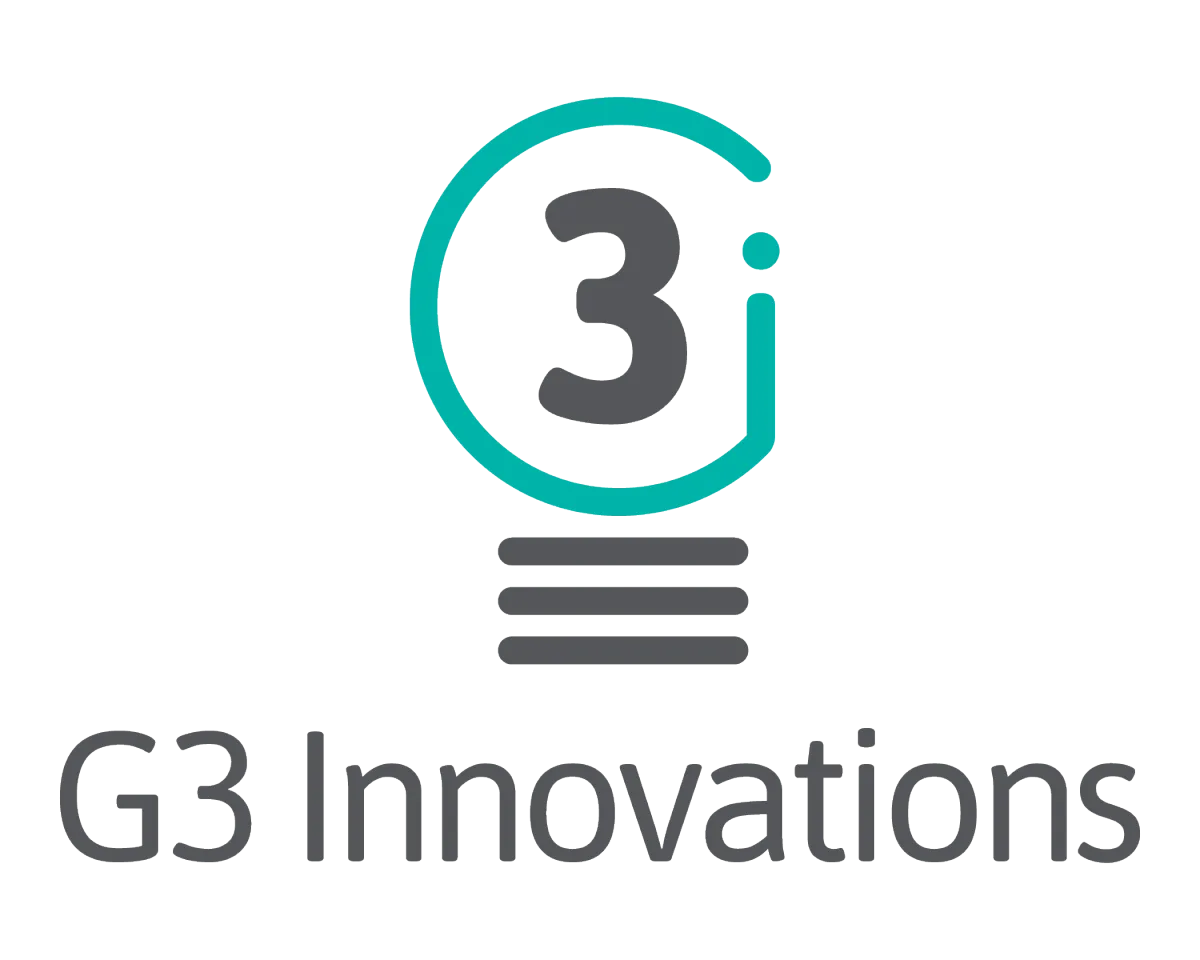Blogs

Mastering Marketing Plan Development: How to Create an Effective Strategy?
Are you ready to take your business to the next level through strategic marketing? Crafting a winning marketing plan is crucial for any organization looking to thrive in today's competitive landscape. In this blog, we'll delve into the intricacies of mastering marketing plan development. From defining objectives to implementing tactics, we'll explore the key steps necessary to create an effective strategy that drives results. Join us as we unravel the secrets to success in the world of marketing plan development.
What is Marketing Plan Development
Marketing plan development is akin to architecting a blueprint for success in the competitive landscape. It encompasses a structured approach towards achieving marketing goals by meticulously evaluating market dynamics, consumer behavior, and industry trends.
By delineating clear objectives and delineating strategies to resonate with target audiences, businesses pave the path for impactful engagement and enhanced returns on investment. This strategic roadmap not only aligns marketing initiatives with organizational objectives but also fosters synergy, ensuring that every marketing endeavor contributes cohesively towards the overarching mission and vision of the company.
The Foundation of a Successful Strategy
Setting clear objectives is not just about having a destination; it's about charting the course for success. Specificity ensures that everyone involved understands what needs to be achieved. Measurability allows progress tracking and performance evaluation. Achievability ensures goals are realistic and within reach.
Relevance ensures that objectives align with the organization's mission and address pertinent needs. Time-bound objectives provide a sense of urgency and facilitate effective resource allocation. By adhering to the SMART criteria, businesses can create a roadmap that guides actions towards tangible outcomes while staying true to their overarching purpose.
Identifying Target Audiences and Market Segmentation
Understanding your target audience is essential for effective marketing. Market segmentation involves dividing a broad market into smaller, more manageable segments based on factors such as demographics, psychographics, behavior, and geographic location.
By identifying specific segments with distinct needs and preferences, businesses can tailor their marketing strategies to resonate with their target audience effectively. This targeted approach allows for more personalized messaging, better engagement, and higher conversion rates. Moreover, market segmentation enables businesses to allocate resources efficiently by focusing on the most lucrative segments with the highest potential for growth.
Conducting Comprehensive Market Research
Conducting comprehensive market research is essential for businesses to make informed decisions and stay ahead of the competition. Here are key components of effective market research:
Demographic Analysis: Understanding the characteristics of your target audience, such as age, gender, income, and location, helps tailor marketing efforts to their specific needs and preferences.
Psychographic Research: Delving into the attitudes, values, lifestyles, and behaviors of your target audience provides valuable insights into their motivations and purchasing decisions.
Competitor Analysis: Analyzing competitors' strengths, weaknesses, strategies, and market positioning helps identify gaps and opportunities for differentiation within the market.
Trend Analysis: Monitoring industry trends, technological advancements, consumer preferences, and market dynamics helps businesses anticipate changes and stay ahead of the curve.
Customer Feedback: Gathering feedback from existing customers through surveys, interviews, and focus groups provides valuable insights into their satisfaction levels, preferences, and pain points, guiding product development and marketing strategies.
Analyzing Competitors and Industry Trends
A thorough analysis of competitors and industry trends is essential for staying ahead in today's dynamic marketplace. By assessing competitors' strengths, weaknesses, strategies, and market positioning, businesses can identify gaps and opportunities for differentiation.
Furthermore, monitoring industry trends allows organizations to anticipate changes in consumer preferences, technological advancements, regulatory shifts, and market disruptions. This proactive approach enables businesses to adapt their marketing strategies accordingly, stay relevant, and capitalize on emerging opportunities before competitors do.
Crafting a Unique Value Proposition
A unique value proposition (UVP) is what sets a business apart from its competitors and resonates with its target audience. It articulates the distinctive benefits and advantages that a product or service offers to customers. Crafting a compelling UVP requires a deep understanding of customer needs, pain points, and desires, as well as an awareness of competitive offerings.
By clearly communicating the value proposition, businesses can attract and retain customers, build brand loyalty, and differentiate themselves in a crowded marketplace. A well-crafted UVP serves as the foundation for all marketing efforts, guiding messaging, positioning, and product development strategies.
Selecting the Right Marketing Channels
In today's rapidly evolving digital landscape, selecting the right marketing channels is crucial for businesses aiming to connect with their target audiences effectively. Each channel offers unique opportunities and challenges, making the decision-making process complex yet essential for success. Let's explore some key marketing channels that businesses should consider incorporating into their marketing strategies:
Social Media Platforms: With billions of active users worldwide, social media platforms like Facebook, Instagram, Twitter, LinkedIn, and TikTok offer unparalleled reach and engagement opportunities. Businesses can leverage these platforms to share content, engage with customers, and build brand awareness.
Email Marketing: Despite the rise of new communication channels, email marketing remains a powerful tool for nurturing leads, driving conversions, and fostering customer relationships. Personalized email campaigns can deliver targeted messaging directly to customers' inboxes, driving engagement and encouraging action.
Search Engine Optimization (SEO): Appearing at the top of search engine results pages (SERPs) is essential for attracting organic traffic to your website. By optimizing website content, incorporating relevant keywords, and building high-quality backlinks, businesses can improve their search engine rankings and increase visibility.
Content Marketing: Creating valuable, informative content is key to attracting and retaining customers. Whether it's blog posts, videos, podcasts, or infographics, businesses can use content marketing to educate, entertain, and engage their target audience while establishing authority in their industry.

Budgeting and Resource Allocation
Effective budgeting and resource allocation are essential for implementing marketing plans successfully. It involves determining the financial resources needed to execute various marketing activities, such as advertising, promotions, and campaigns. By setting realistic budgets, businesses can ensure that they allocate sufficient resources to achieve their objectives while optimizing cost-efficiency and ROI.
Moreover, strategic resource allocation ensures that resources are allocated effectively across different channels and initiatives, maximizing their impact and driving sustainable growth.
Developing Actionable Strategies and Tactics
Actionable strategies and tactics are the building blocks of a successful marketing plan. They translate broad objectives into specific actions and initiatives that drive results. By identifying key initiatives, setting timelines, and assigning responsibilities, businesses can ensure clarity and accountability in execution.
Moreover, developing actionable strategies and tactics allows for agile decision-making and adaptation to changing market conditions. Whether it's launching a new product, running a promotional campaign, or engaging with influencers, well-defined strategies and tactics provide a roadmap for achieving marketing objectives efficiently and effectively.
Implementing Measurement and Evaluation Metrics
Measuring and evaluating marketing performance is essential for assessing the effectiveness of strategies and tactics. It involves tracking key performance indicators (KPIs) such as website traffic, conversion rates, sales, and customer engagement. By setting specific metrics and benchmarks, businesses can monitor progress, identify areas for improvement, and optimize marketing efforts in real-time.
Moreover, implementing measurement and evaluation metrics allows for data-driven decision-making, enabling businesses to allocate resources effectively, identify emerging trends, and capitalize on opportunities for growth.
Adapting to Changes and Iterating the Plan
Flexibility and agility are critical for adapting to changes in the market landscape. As consumer preferences, technology, and competitive dynamics evolve, businesses must be prepared to adjust their marketing plans accordingly. This may involve revising strategies, reallocating resources, or exploring new opportunities.
By staying responsive and proactive, businesses can stay ahead of the curve, mitigate risks, and capitalize on emerging trends. Moreover, iterating the plan based on real-time feedback and insights allows for continuous improvement and optimization, driving sustained success in an ever-changing environment.
Ensuring Alignment with Overall Business Goals
Alignment with overall business goals is essential for ensuring that marketing efforts contribute to broader organizational objectives. Whether it's increasing revenue, expanding market share, or enhancing brand equity, marketing plans should be closely aligned with the strategic priorities of the business.
By establishing clear connections between marketing objectives and business goals, businesses can ensure coherence and synergy across all functions and departments. Moreover, ensuring alignment with overall business goals facilitates resource allocation, decision-making, and performance evaluation, driving holistic growth and success.
Leveraging Technology and Tools for Optimization
Technology and tools play a crucial role in optimizing marketing performance and efficiency. From analytics platforms and automation software to customer relationship management (CRM) systems and social media management tools, leveraging the right technology can streamline processes, improve targeting, and enhance ROI. By harnessing data-driven insights and automation capabilities, businesses can personalize customer experiences, optimize marketing campaigns, and drive better results.
Moreover, technology enables businesses to stay agile and responsive, adapting to changing market dynamics and consumer behavior effectively. By leveraging technology and tools for optimization, businesses can gain a competitive edge and achieve sustainable growth in today's digital landscape.
Marketing plan development is a pivotal step towards achieving sustainable growth and success in today's competitive marketplace. By crafting an effective strategy tailored to your business needs, you can unlock new opportunities, enhance brand visibility, and drive meaningful engagement with your target audience. At G3 Innovations, LLC, we're dedicated to helping businesses like yours thrive through expert marketing plan development services.
Contact us today at (808) 374-8810 or email us at [email protected] to learn how we can assist you in creating a winning marketing strategy that propels your business forward. Don't wait, take charge of your marketing success with G3 Innovations, LLC!
Video Testimonials
Insurance agency
Faith-based nonprofit organization
Health and Wellness
Theater company

Social Media Management
Lorem ipsum dolor sit amet, consectetur adipiscing elit, sed do eiusmod tempor incididunt ut labore et dolore magna aliqua. Ut enim ad minim veniam, quis nostrud exercitation ullamco laboris nisi ut aliquip ex ea commodo consequat. Duis aute irure dolor in reprehenderit in voluptate velit esse cillum dolore eu fugiat nulla pariatur.
© 2023 G3 Innovation LLC, All Rights Reserved. | Privacy Policy | Terms of Service




